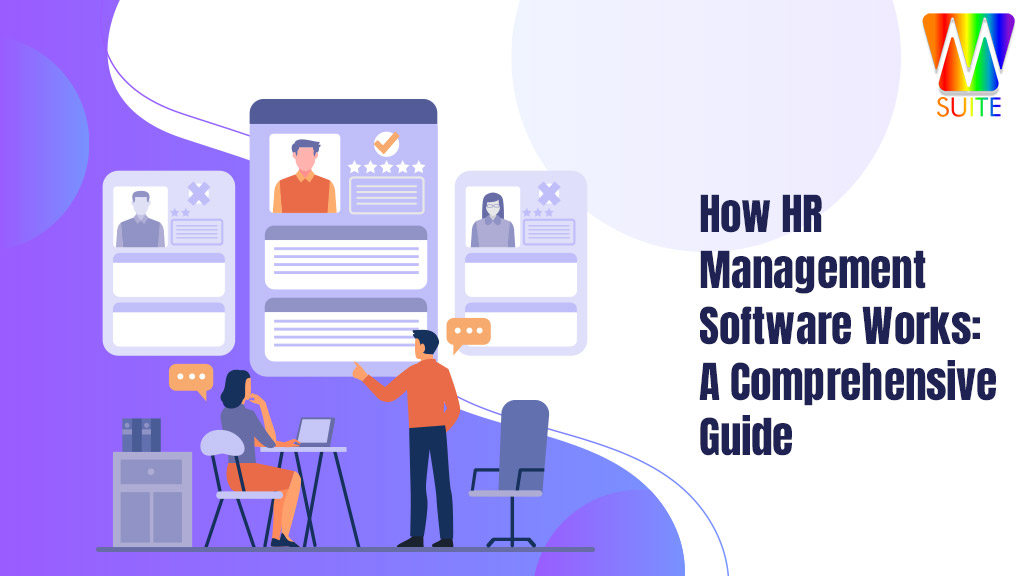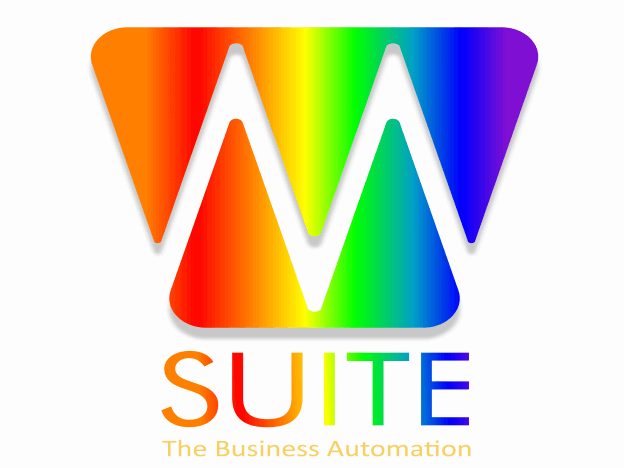2024-05-28
How HR Management Software Works: A Comprehensive Guide

Human Resources (HR) management software is a cornerstone of modern business operations, streamlining HR processes and enhancing the overall efficiency of organizations. This comprehensive guide will delve into the workings of HR management software, exploring its features, benefits, and impact on the workplace.
Introduction
HR management software, also known as Human Resources Information Systems (HRIS) or Human Capital Management (HCM) software, is designed to manage people, policies, and procedures within an organization. It serves as a central repository for employee data and automates various HR functions, from recruitment to retirement.
Core Functionalities
The core functionalities of HR management software typically include:
• Employee Database: At its heart, HR software maintains a detailed employee database that stores personal and professional information, including contact details, job titles, salaries, and employment history.
• Recruitment and Applicant Tracking: HR software streamlines the recruitment process by tracking job applicants, posting job openings, and managing resumes and candidate communications.
• Onboarding: New hires are introduced to the organization through automated onboarding processes, which may include digital forms, welcome packets, and orientation schedules.
• Time and Attendance: The software tracks employee attendance, manages time-off requests, and integrates with payroll systems to ensure accurate compensation for hours worked.
• Performance Management: HR solutions facilitate performance reviews by allowing managers and employees to set goals, provide feedback, and track progress.
• Learning and Development: Many HR systems include learning management modules that offer training programs and track employee development and certifications.
• Benefits Administration: The software simplifies the management of employee benefits, such as health insurance, retirement plans, and paid time off.
• Payroll Integration: Seamless integration with payroll systems ensures that employees are paid accurately and on time, while also managing tax withholdings and reporting.
• Compliance: HR software helps organizations comply with labor laws and regulations by maintaining necessary records and generating compliance reports.
How It Works
HR management software operates on a centralized platform that integrates various HR functions into a cohesive system. Here's how it works:
• Data Entry and Storage: HR staff input employee data into the system, which then serves as a single source of truth for all HR-related information.
• Process Automation: The software automates routine tasks, such as sending out job offer letters, scheduling interviews, and processing leave requests, reducing manual effort and minimizing errors.
• Self-Service Portals: Employees can access self-service portals to update their information, request time off, and enroll in benefits, fostering a sense of empowerment and engagement.
• Workflow Management: HR software manages workflows by routing information and tasks to the appropriate parties for approval or action, streamlining processes and improving response times.
• Reporting and Analytics: Advanced analytics tools within the software provide insights into HR metrics, such as turnover rates, hiring efficiency, and employee satisfaction, aiding strategic decision-making.
• Security and Privacy: Robust security measures protect sensitive employee data, ensuring privacy and compliance with data protection regulations.
Benefits for Businesses
Businesses that implement HR management software can expect numerous benefits:
• Increased Efficiency: By automating administrative tasks, HR software reduces the time spent on paperwork and manual processes.
• Improved Accuracy: Automated systems minimize the risk of human error, leading to more accurate data and reporting.
• Enhanced Decision-Making: Data-driven insights help HR professionals and executives make informed decisions about workforce management.
• Better Employee Experience: Self-service options and streamlined processes improve the overall employee experience, contributing to higher engagement and retention.
• Cost Savings: Over time, the efficiencies gained from using HR software can lead to significant cost savings for the organization.
Challenges and Considerations
While HR management software offers many advantages, there are challenges and considerations to keep in mind:
• Implementation: The initial setup and implementation of HR software can be complex and time-consuming.
• Training: Employees and HR staff need to be trained on how to use the new system effectively.
• Integration: The software must integrate seamlessly with existing systems, such as payroll and accounting software.
• Customization: Organizations may require customized features to meet their specific needs, which can add complexity and cost.
• Security: Protecting employee data is paramount, and businesses must ensure that their HR software has robust security features.
Conclusion
MSuite management software is an invaluable tool for modern businesses, offering a range of functionalities that streamline HR processes and improve organizational efficiency. By automating routine tasks, providing valuable insights, and enhancing the employee experience, HR software plays a critical role in the success of an organization. As technology continues to advance, we can expect HR management software to become even more sophisticated, further revolutionizing HR practices and the workplace.
